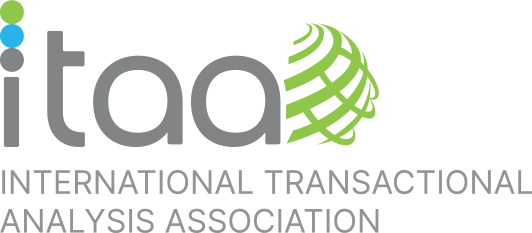Record System
The Ethics Committee ensures an appropriate system is in place and maintained, to retain records of ethical concerns raised.
All information relating to an issue of ethical concern, including the processing of a formal inquiry (e.g. forms) will be stored in an online system as follows:
- The Chair/s of the ITAA Ethics Committee will be administrators.
- A platform will be used which offers:
- Security features (i.e. login, password, 2-step authentication).
- User access level rights (i.e. limited folder/document access).
- Limited sharing permissions (e.g. view or edit).
- Passwords and access rights will be reviewed as follows:
- If a security contravention is suspected.
- When a member joins the committee.
- When a member leaves the committee.
- When investigating committees are formed, changed or closed.
- Routine training will be held for members with access to the platform.
- All members’ passwords will conform to best practice guidelines.
- Members will only access the platform from their personal devices (i.e. no public computers).
- Members will ensure their devices are protected by security software.
- A separate internal document will contain these procedures.
Consider that many people are not familiar with digital security and the requirements for effective passwords. Ensure that members with access to the platform use passwords to access their accounts. The following points are basic guidelines and will be reviewed as standards change over time.
Password security starts with creating a strong password. A strong password is:
- A minimum of 12 characters long. More than 14 characters is better.
- Uses a combination of uppercase letters, lowercase letters, numbers, and symbols.
- Not simply commonly used word. I.e. one that can be found in a dictionary or the name of a person, character, product, or organisation.
- Very different from your previous passwords.
- Created and stored in a password manager or if carried in memory, is easy to remember but difficult for others to guess.
Disposition of Files
The Ethics Committee Chair/s are the custodians of members’ ethical records.
In the circumstance of a person seeking access to a member’s ethical records, that person will apply for access in writing to the Ethics Committee Chair/s. If a Committee Chair seeks access to ethical records, they will apply for access in writing to their co-Chair or an Ethics Committee member.
Materials
On resolution of an issue of ethical concern, any party holding any information (digital and/or hardcopy) relating to the concern, will send it immediately to the ITAA Ethics Committee chairperson/s, and delete it from their system, unless explicitly agreed to otherwise in writing by the Ethics Committee chairperson/s. This includes any processes contracted to an external entity.

